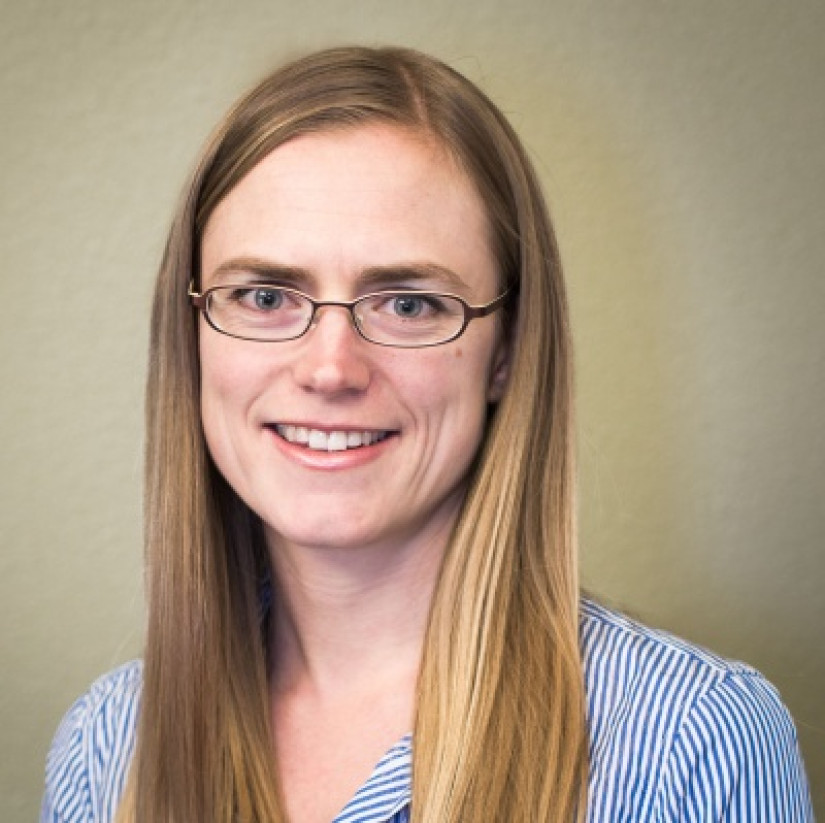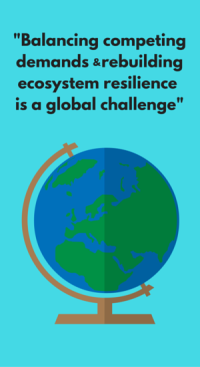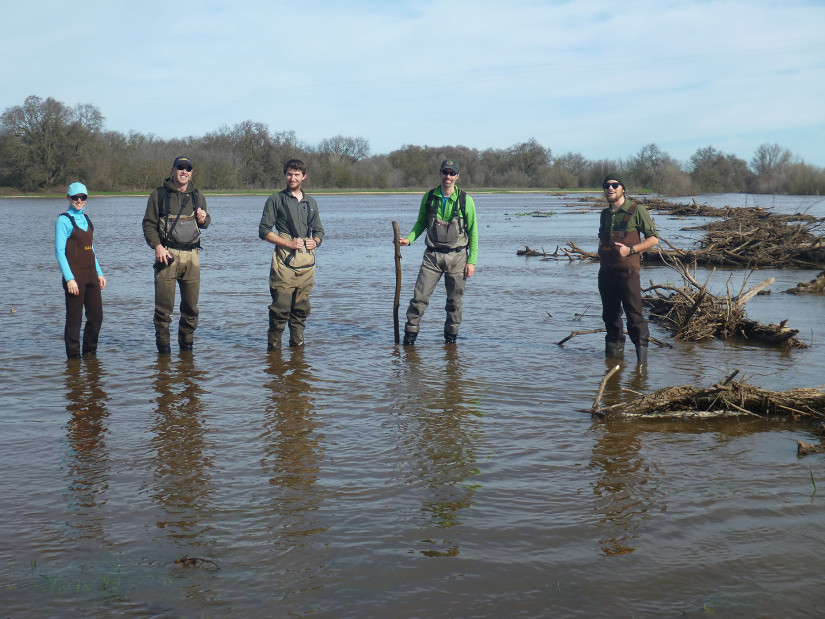

How does it feel to earn the Delta Science Fellowship?
I feel honored to have received the Delta Science Fellowship. I have been aware of the program for some time and feel lucky that it was offered again in 2015. Researchers who have been a part of this program have made substantial contributions to address problems in the Delta and beyond, and I hope to earn my place here.
What will this award allow you to do that you might not have done without it?
Through the Fellowship, I am excited to work with Delta managers and planners to facilitate the application of my research and the development of needed tools for restoration planning and evaluation. The Fellowship allows me to be more engaged with those who could make use of my research.
What will you research and how might it benefit the world?
Reconciling competing demands and rebuilding ecosystem resilience within our modern landscapes is a global challenge that is well-represented in the Delta. My research examines spatio-temporal floodplain inundation patterns through hydrodynamic modeling for quantifying habitat availability and evaluating restoration benefits, focused on the lower Cosumnes River floodplain. In the Delta and beyond, floodplain ecosystems are highly diverse and productive, but also degraded by land and water use. An important driver of these systems is spatial and temporal variability of inundation, so understanding these processes and their associated habitats better can provide essential information for planning and management. Although the challenges are numerous, there is great potential for tangible, ecosystem-level benefits here in the Delta and globally if we can better support the restoration of land-water interactions species depend upon.


What sparked your interest in your research, or science in general?
Growing up in a rural agricultural community, awareness of environmental degradation and conflicts over human demands and ecosystem needs inspired my pursuit of resolution through science. I discovered that many of such conflicts in California arise over our management, or mismanagement, of water resources. Challenges are particularly acute in floodplain ecosystems, where generations of alterations to both our landscapes and streamflow have homogenized once complex and dynamic environments. Specifically, my prior research with the San Francisco Estuary Institute on the historical ecology of the Delta motivated my research interests surrounding the role of land-water interaction in driving the conditions to which native species are adapted.
What advice do you have for people wanting to follow a similar path in science like yours?
For those interested in applied environmental sciences, my advice is to spend time – in some capacity or another – working with those who use or could use the research you are interested in. Not only is it inspiring and rewarding, but opportunities to establish a broad network colleagues that expand your work’s relevance and to shape your research questions and pursuits are invaluable.
- Written by Megan Nguyen. A version of this article first appeared on the UC Davis Center for Watershed Sciences in May 2016.